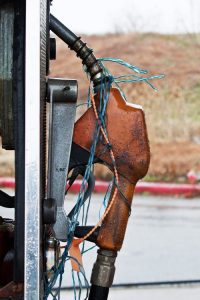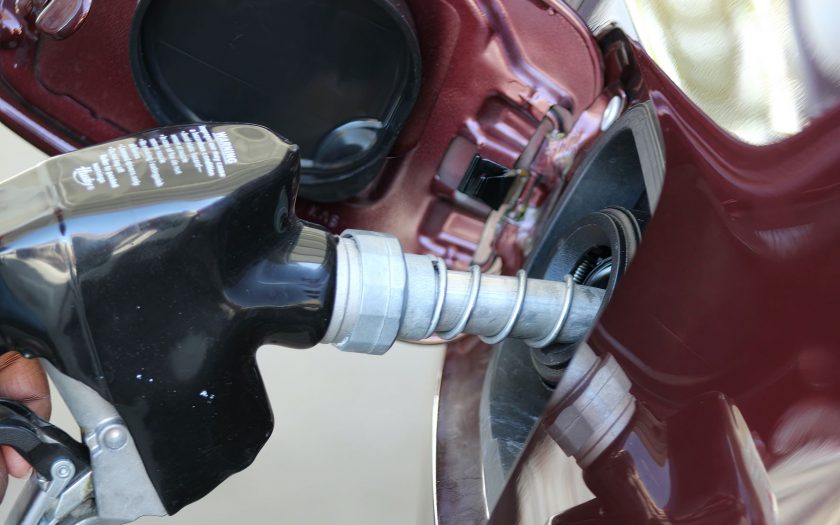SOME FUEL COMPANIES ARE SPENDING considerable advertising dollars to convince us that using their premium fuels will help our cars run cleaner, but is it all marketing hype? Or is there a reason to spend the extra dollars?
According to the RACV, using 98 RON fuel in your car rather than 91 RON will cost the average motorist more than $240 a year.
But should you be putting premium fuel into the tank? Currently, around 20 percent of cars on Australian roads should be using 95 or 98 RON premium fuel. Most of them are European, where 91 RON has been (or is being) phased out. Running these cars on lower octane fuel may result in engine damage, and void your warranty, so if your owner’s manual tells you your car needs premium fuel, it’s false economy to use anything less.
Many performance cars also require 98 RON, but otherwise, the majority of cars will be perfectly happy on 91.
If your owner’s manual says something along the lines of “we suggest you use 95 RON, but it is safe to use 91 RON” then the choice is yours. Obviously, filling up with 91 RON won’t cause any problems.
It has been reported that using 98 RON will give you some slight increase in performance and fuel economy, but not enough to justify the higher price, so stick with the recommended fuel for your vehicle.
An important thing to know, especially in light of the advertising campaigns telling you that premium fuels (such as Shell V-Power) will clean your engine while you drive, is that it’s chemical additives in the fuel that clean engines, not higher octane. Fuels such as V-Power contain more detergent, but RAC WA found no proof that these fuels are any more effective at cleaning engines than other fuels.
It’s a similar story with so-called premium diesel fuels. All diesel fuels are the same octane rating, so buying and using premium diesel carries no benefit. And there’s no difference between diesel fuel from the car pump and diesel from the truck (high flow pump), except that the nozzle probably won’t fit in your filler.
As for LPG (liquid petroleum gas), it’s time seems to have passed. It was cheap when there was no excise applied to it, and it was subsidised. In the day, you could even buy factory-built LPG vehicles, but no longer. In the 2020s, the availability of LPG is shrinking, and in any case, it takes more LPG than petrol to travel the same distance, even if it is cheaper to buy initially.

What happens if you fill with the wrong fuel?
It can be confusing at the pump, with a wide range of different nozzles to choose from.
If you inadvertently put 95 or 98 RON into a car that is quite happy on 91 RON, it won’t make any difference, apart from to your hip pocket. If you fill your petrol car with diesel fuel (rather more unlikely that diesel pumps use a larger nozzle, but still possible), it will depend how much you’ve pumped in. If you realise quickly enough, you may get away with it, as long as the percentage of diesel fuel to petrol is no more than about five percent. Diesel fuel will coat spark plugs and the fuel system which will lead to misfiring, a situation made worse by the comparatively low octane rating of diesel fuel compared to petrol. You could simply top up with petrol and drive until the system clears itself, but the best solution is to have the fuel system drained. If you aren’t sure, have the car towed to a service centre to have the fuel tank drained.
Filling a diesel-powered car with petrol has the potential to cause much more catastrophic damage. Diesel fuel pumps operate on a very fine tolerance at high pressure, and are lubricated by diesel fuel. Petrol reduces the lubrication properties, with the very real possibility of damaging the fuel pump and sending metal particles through the rest of the fuel system. Once again, it may be safe if the petrol to diesel ratio is less than five percent. Driving with more petrol than this can lead to significant damage and necessitate replacement of the fuel pump, diesel injectors, filters and even the fuel tank. If you mistakenly fill your diesel vehicle with petrol, do not drive it, don’t even start the engine. In fact, don’t put the key in the ignition because this can cause the fuel pump to prime. Call for a tow to a repair centre to have the system drained and inspected.
